Introduction
Hydropower is a crucial component of the global energy landscape, providing renewable energy and contributing to energy security. As countries strive to reduce carbon emissions and meet the demands of a growing population, hydropower’s role is becoming increasingly significant. This article explores how hydropower contributes to energy security, its advantages and challenges, and the balance between energy demand and supply.
Understanding Energy Security
Energy security refers to the availability of reliable and affordable energy sources to meet the demands of consumers. It encompasses aspects such as energy supply stability, diversification of energy sources, and resilience against disruptions. As global energy demand continues to rise, countries face the challenge of ensuring a consistent supply while transitioning to cleaner energy sources.
The Importance of Hydropower
Hydropower is one of the oldest and most widely used forms of renewable energy. It harnesses the energy of flowing water to generate electricity, making it a sustainable option that can significantly contribute to energy security. Here are some key benefits of hydropower:
- Renewable and Sustainable: Hydropower is fueled by the natural water cycle, making it a renewable source of energy. Unlike fossil fuels, it does not deplete resources and contributes to reducing greenhouse gas emissions.
- Base Load Power Generation: Hydropower plants can operate continuously, providing a stable and reliable source of energy. This is particularly important for meeting base load demand— the minimum level of demand on an electrical grid over a span of time.
- Energy Storage and Flexibility: Many hydropower facilities can store water in reservoirs, allowing them to adjust output based on demand. This flexibility helps to balance supply with fluctuations in energy demand, making hydropower an excellent complement to intermittent renewable sources like wind and solar.
- Economic Benefits: Hydropower projects can create jobs and stimulate local economies. They also provide low-cost electricity over the long term, as operating and maintenance costs are relatively low compared to other energy sources.
Challenges Facing Hydropower
While hydropower offers significant advantages, it also faces several challenges that can impact its role in energy security:
- Environmental Concerns: The construction of dams can disrupt local ecosystems, affect fish populations, and alter water quality. Balancing environmental protection with energy production is essential.
- Climate Change Impacts: Changing weather patterns can affect water availability and flow rates, leading to potential reductions in hydropower generation. Extreme droughts can significantly impact hydropower’s reliability.
- High Initial Costs: The construction of hydropower facilities requires significant upfront investment, which can be a barrier for many countries, particularly developing nations.
- Social Displacement: Large hydropower projects may displace communities living in affected areas, leading to social and economic challenges. Ensuring fair compensation and support for displaced populations is crucial.
Balancing Demand and Supply
To effectively harness the potential of hydropower, countries must focus on balancing energy demand and supply. This can be achieved through several strategies:
- Integrated Resource Planning: Policymakers should develop integrated energy plans that consider hydropower alongside other energy sources, ensuring a diverse energy mix that can adapt to changing demand.
- Investing in Infrastructure: Upgrading existing hydropower facilities and investing in new technologies can enhance efficiency and increase generation capacity. Modernization can also improve the environmental footprint of hydropower projects.
- Promoting Regional Cooperation: Many rivers cross national borders, providing opportunities for regional collaboration in hydropower development. Sharing resources and coordinating energy management can enhance energy security for all involved countries.
- Innovative Financing Models: Developing innovative financing options can help lower the barriers to entry for hydropower projects. Public-private partnerships, green bonds, and international funding can mobilize the necessary resources.
Conclusion
Hydropower plays a vital role in enhancing energy security by providing a reliable and renewable source of energy. While challenges exist, proactive planning, investment in infrastructure, and regional cooperation can help balance energy demand and supply. As the world shifts towards more sustainable energy solutions, hydropower will continue to be a key player in ensuring energy security for future generations.


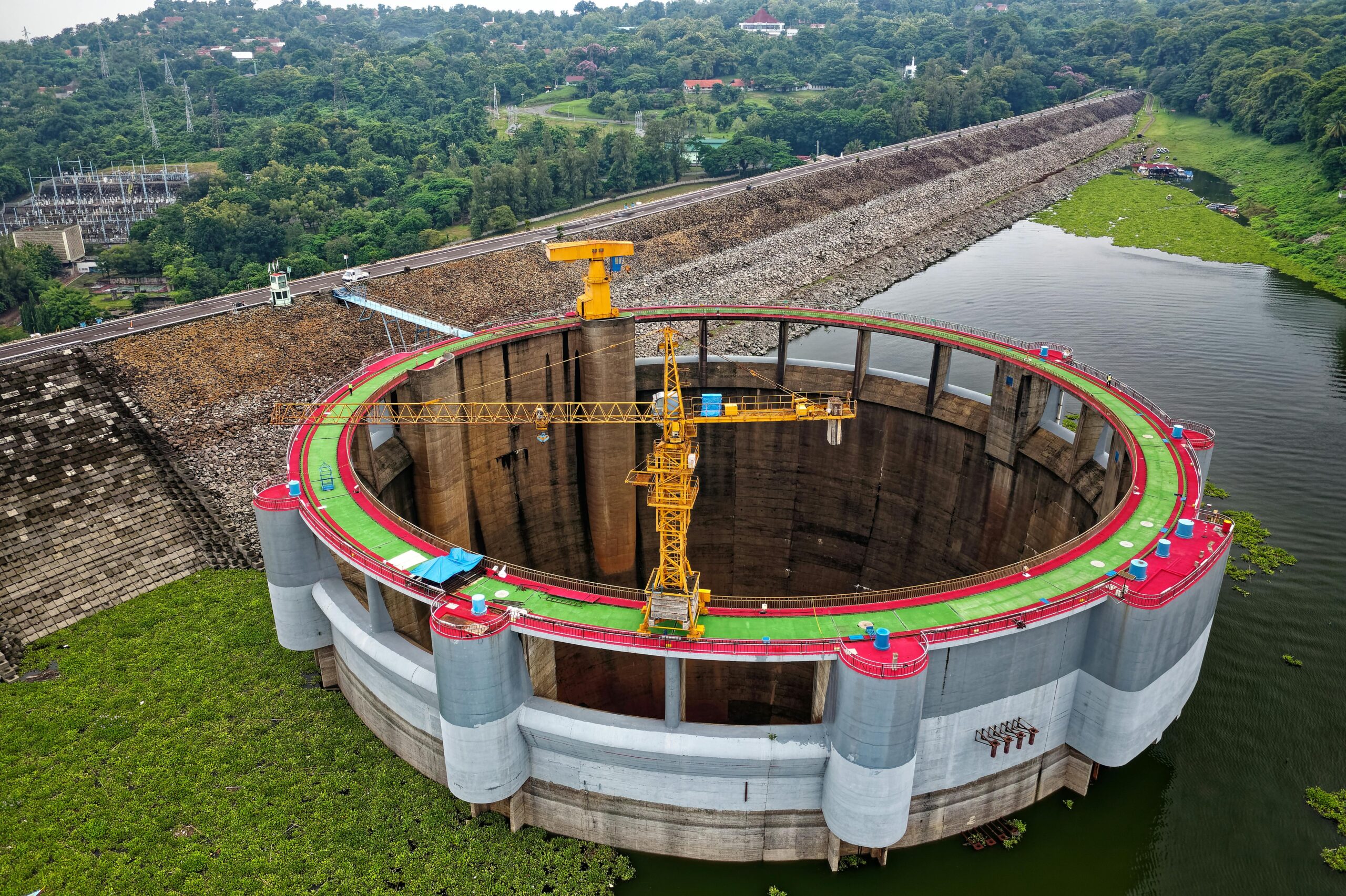
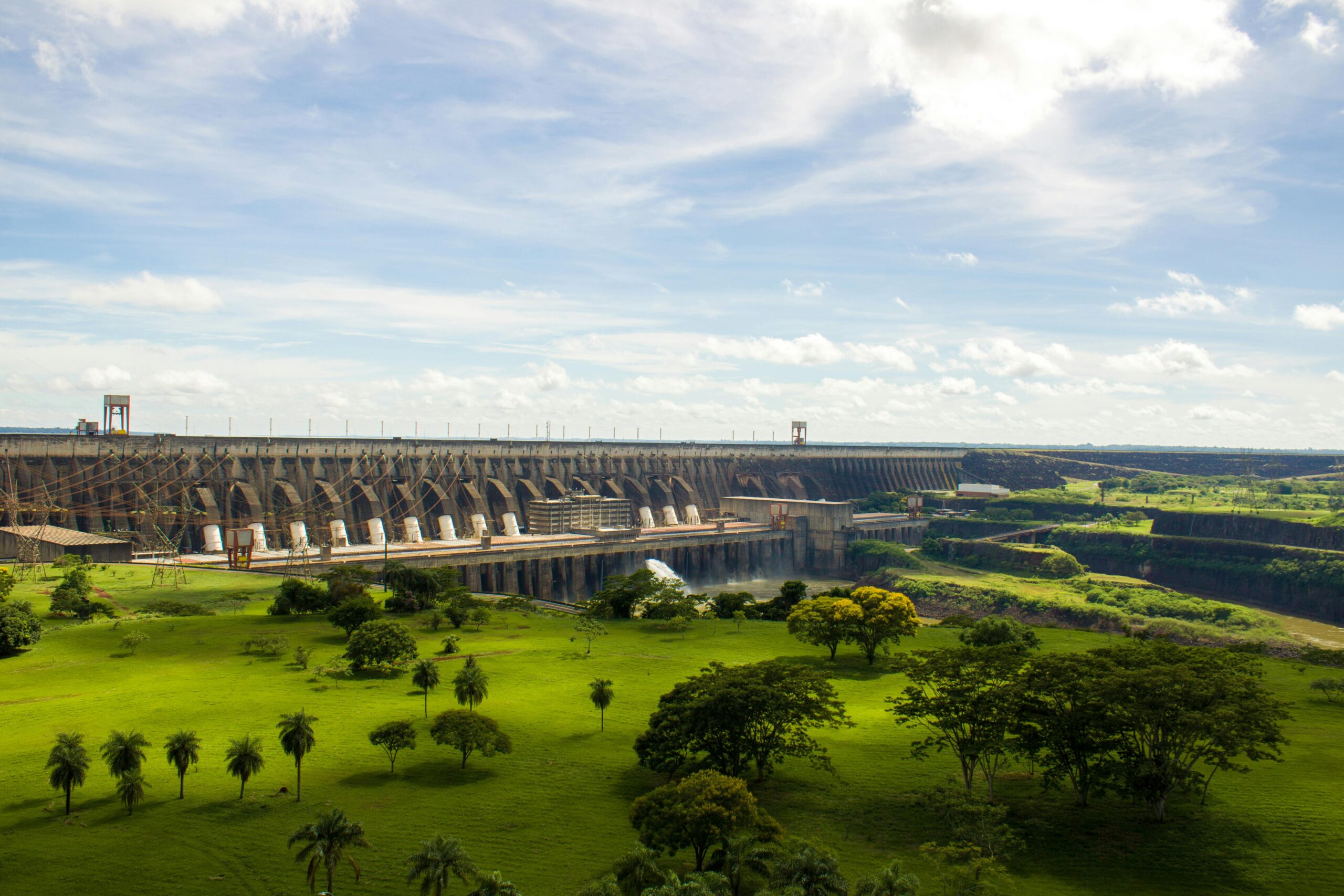
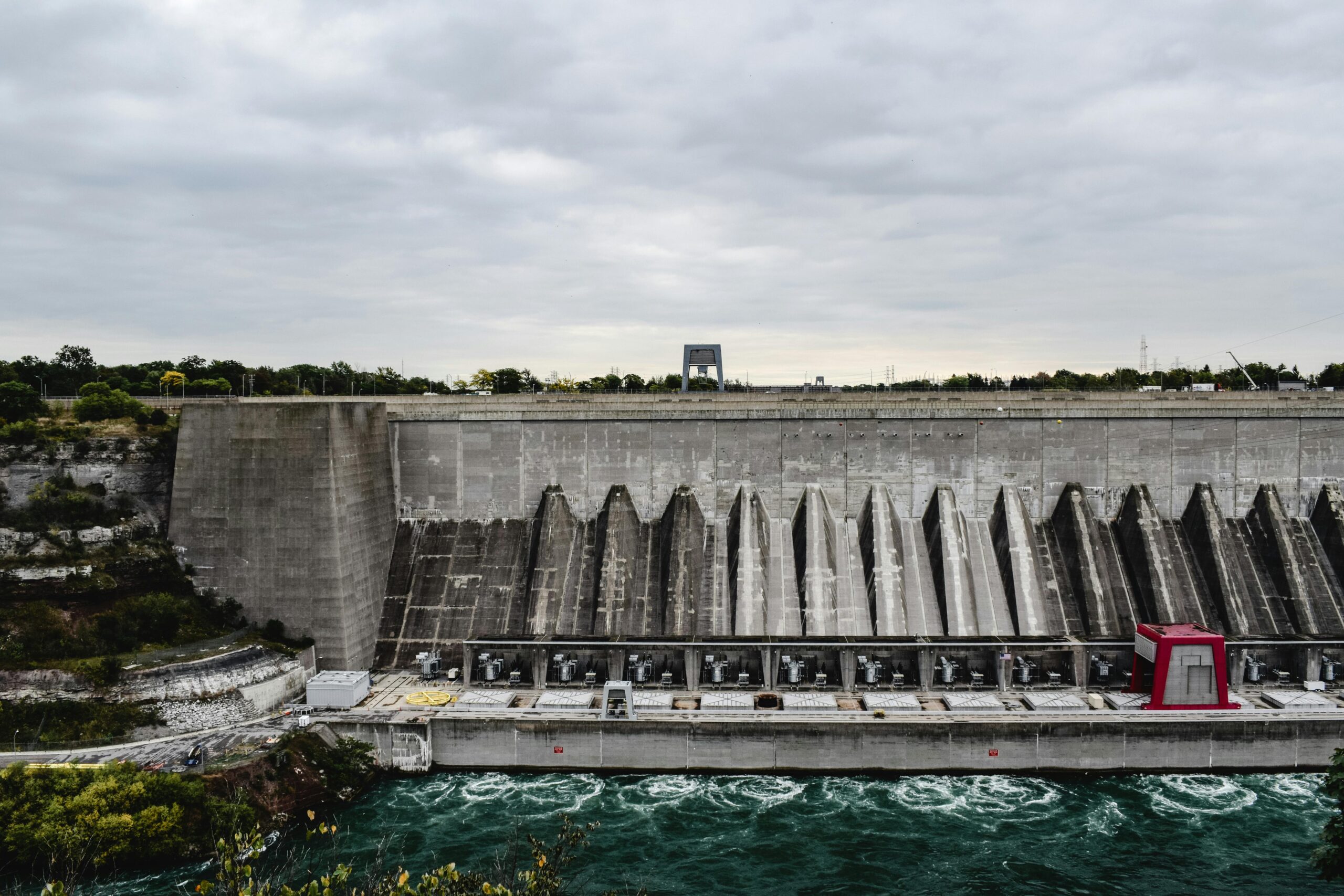

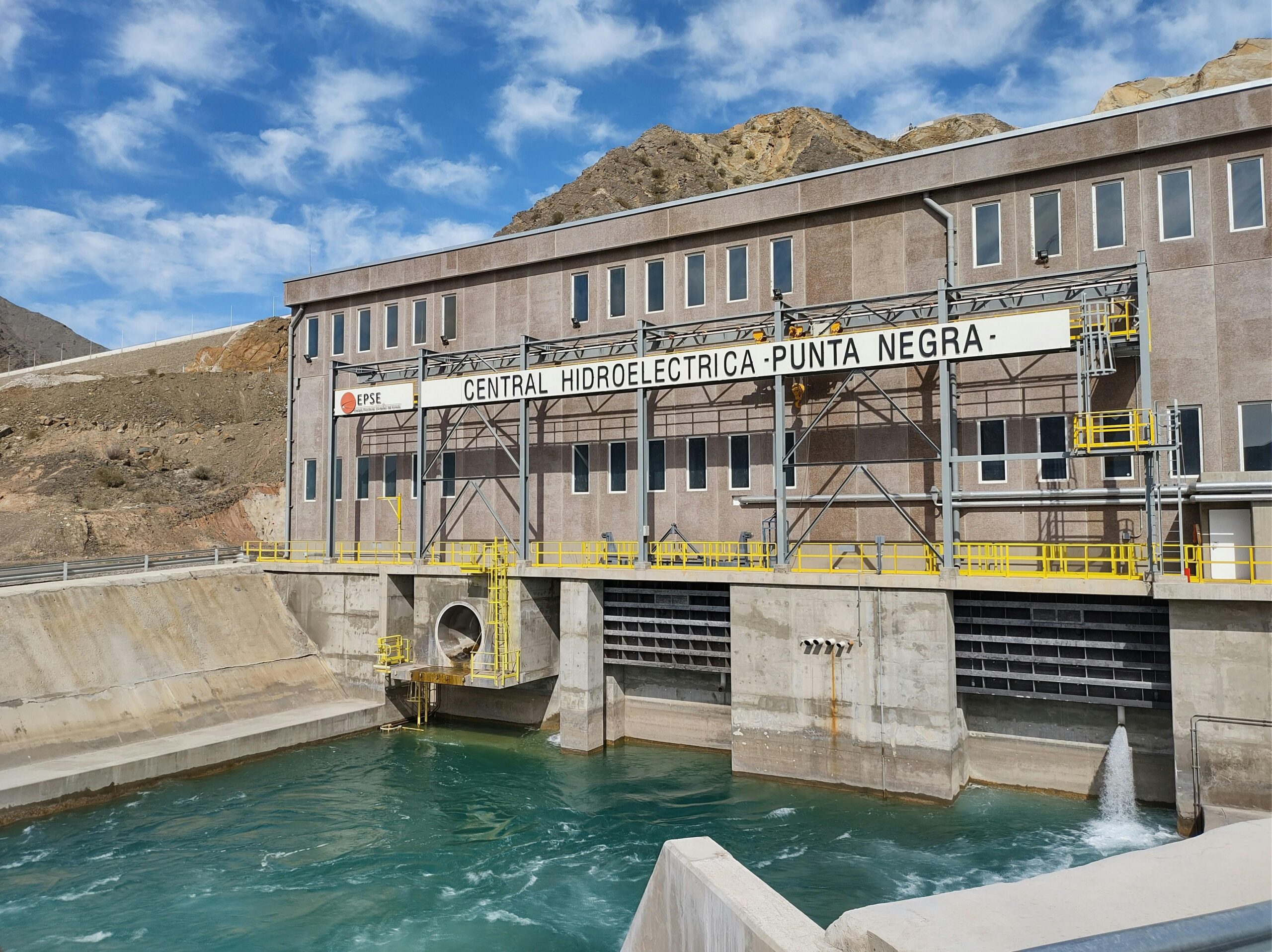
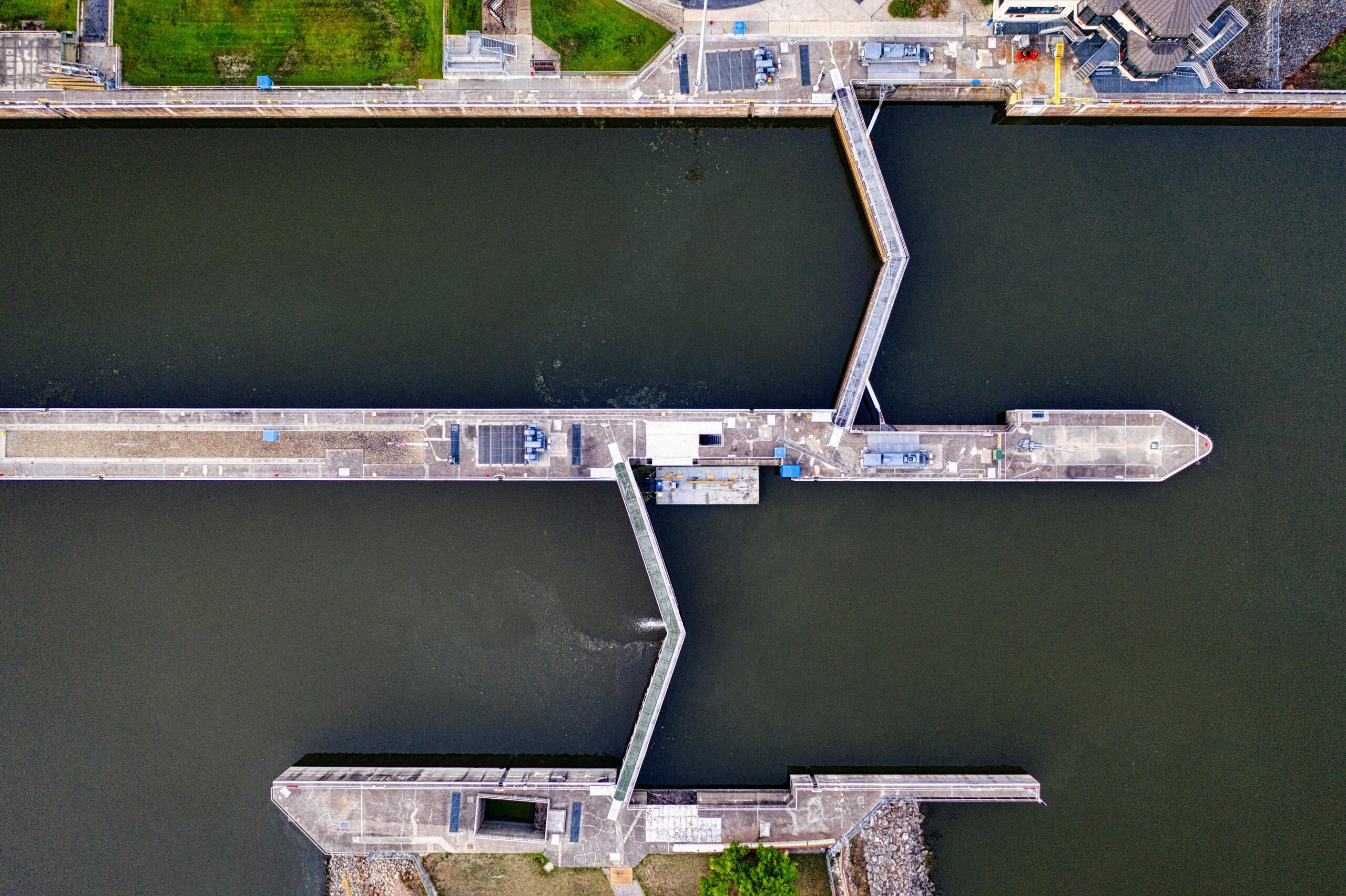
Leave a Comment